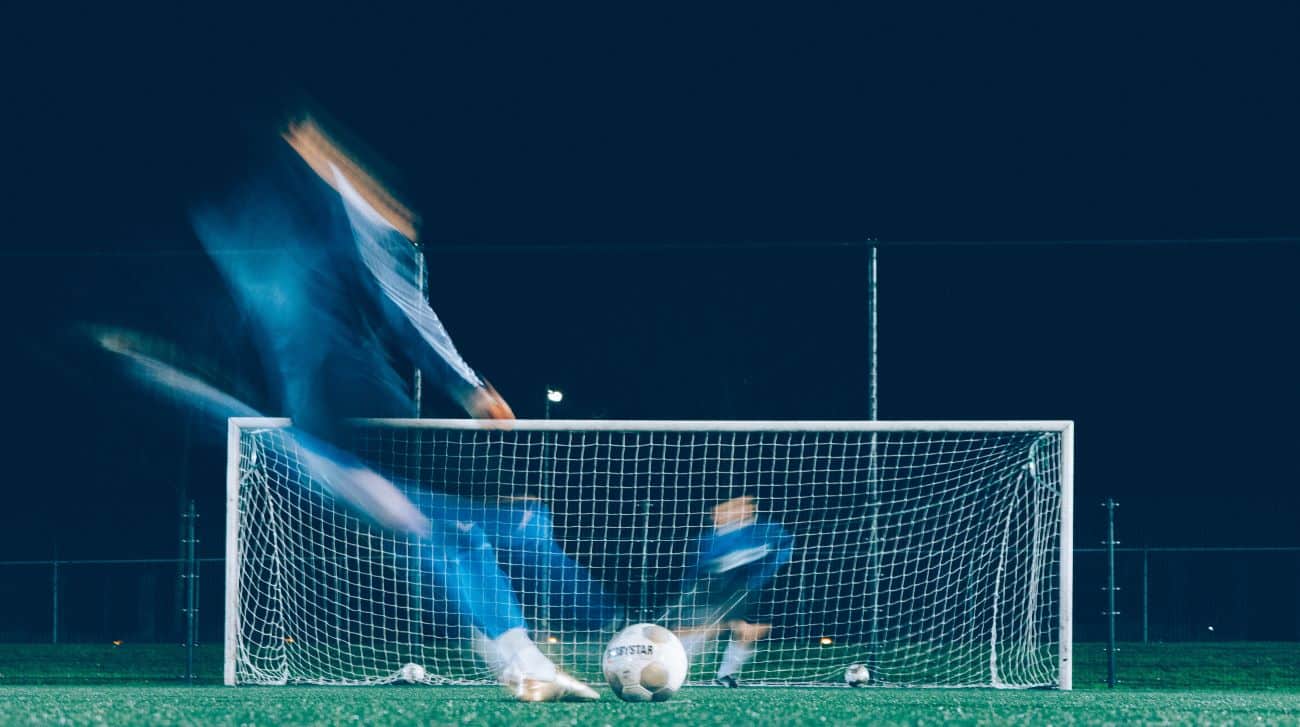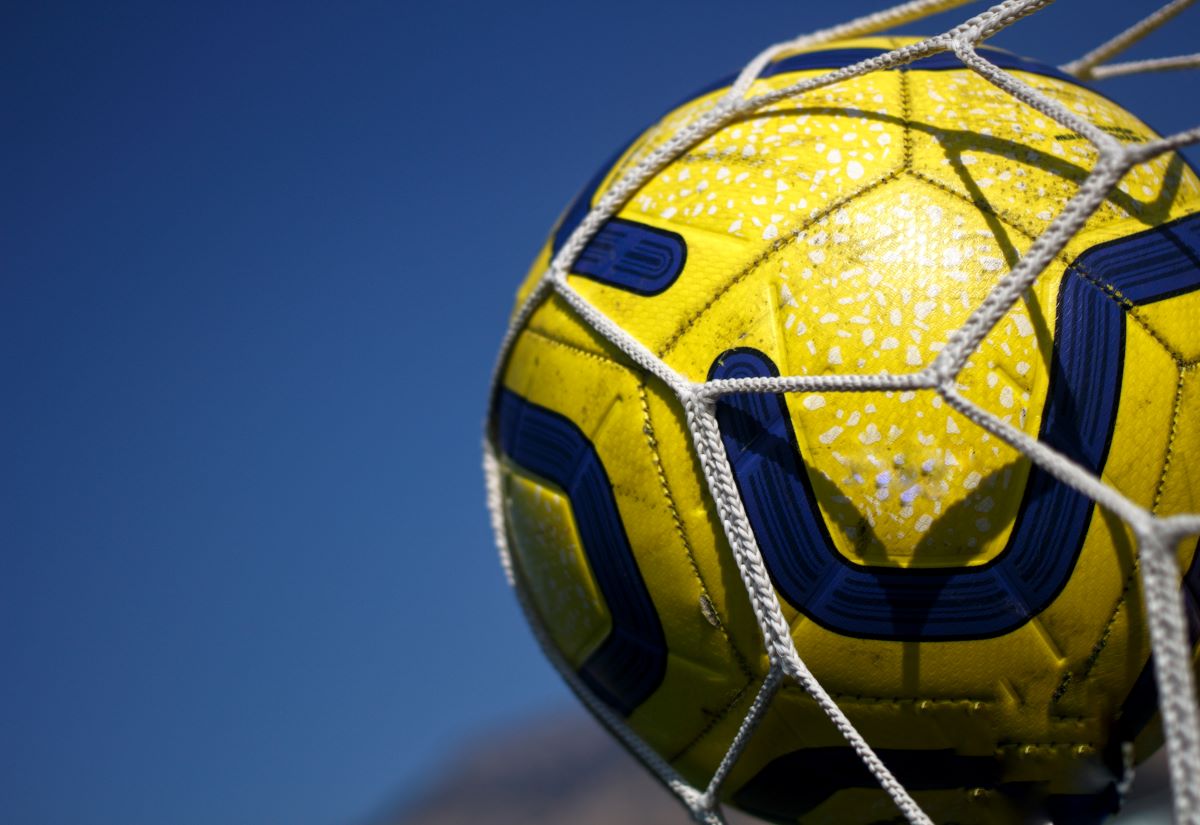It’s been a dramatic and exciting UEFA Euro 2020 tournament so far. Most, if not all the Euro 2020 players play in foreign leagues, giving their national teams an impressive pool of players to select from. Putting together a team is both an art and a science, and it struck me that there are plenty of similarities between building a football team and building a diversified investment portfolio that is robust enough to withstand different market cycles. A good portfolio has a broad and diversified mix of asset classes such as cash, bonds, commodities and equity from different parts of the world to work together and provide consistent returns over the long term.
Defence
All great teams are built on solid defence, so you want your keeper to be a safe pair of hands and that’s cash. You should always have three to six months of income in savings as a buffer against unexpected expenses such as a car or washing machine breakdown, or to be able to meet your rent or mortgage if you were to lose your job. To work out how much, add up all your bills and rent/mortgage and multiply by six.
Once you’ve got your keeper sorted, it’s time to think about your defence. Cash isn’t suitable for long-term investing because interest rates are exceptionally low now and inflation rates are higher. That means that your cash will be worth less each year, so it’s best to invest your money so it’s not eroded by inflation. A good alternative to cash is money market or fixed income (bond) funds.
Bonds are effectively loans that you make to companies or Governments in exchange for modest, but steady stream of regular income. And you get your money back at the end. Governments use this money to build infrastructure or raise additional funds to support the economy in difficult times (like the pandemic for example). The duration of a bond can vary widely – from as short as a month to as long as 50 years for governments which means they’re really good for managing income in a portfolio or when you’re retired.
Midfield
The role of the midfielder is to provide the link between defence and attack. Midfielders are expected to defend as well as attack and can control and dictate the tempo of the game – they’re essentially good all-rounders. In investment speak, a good all-rounder is a multi-asset fund that invests in a broad mix of asset classes such as bonds, equities, cash and alternative investments like commodities.
Other midfield alternatives could be commodities or energy funds, which invest in raw materials like precious metals (such as gold and silver) and energy resources. It’s a great way of diversifying your portfolio if you’ve already got a good mix of bond and equity investments.
Attack
Your attackers and strikers are equity (stocks and shares) funds, which are risky but have the most potential for reward and loss. Picking the right stocks is almost impossible, but equity funds that invest in a broad array of equities will diversify your exposure. Like your attackers, your funds should have different attributes or sectors such as UK, US, Europe, Asia or Emerging Market sectors.
These funds specialise in companies in those regions or countries. You can also invest in more niche funds such as specialist sectors like pharmaceuticals, technology or biotech and fintech funds – if it exists in the world, there’s probably a fund for it.

Management
You might feel you’ve got the knowledge to put together a strong starting line-up for your investments, but from time to time you will want to review the tactics. If you have the time and skills you may want to do this yourself, but if not, you may want to recruit a manager, a financial adviser, who uses their expertise to build a starting XI.
Although advising on your investments is part of their role, their main job is about strategy and tactics. They will make sure that you’re working towards and achieving your financial goals, maximising all your allowances and making sure you stay financially fit. Though financial advisers can help your investments to grow, they aren’t free, so you’ll need to weigh up whether they’re right for you and your investment(s). If you have a very large portfolio or you inherit a substantial amount of money, then it would be wise to get advice occasionally and make sure you haven’t missed a trick.
The team of the tournament
If we could pick Rui Patricio of Portugal in goal, the backline of Italy, the midfield of Spain (or dare I say England) with the attacking talent of France up front, we’d be favourites for the tournament! We can’t, obviously, but there aren’t such restrictions in investing. If you or your adviser thinks a fund isn’t performing as well as it should you could substitute them for another fund from the same sector or a different sector altogether. Though wherever possible you should avoid making knee-jerk reactions — the investment game should be a long one.
Form is temporary, class is permanent
It’s crucial to remember that when you’re constructing your investment, past performance of a fund doesn’t guarantee it will perform well in the future. Just because Italy has beaten England more times than not, doesn’t mean that they’ll do the same in the final this Sunday. England has put on a great performance so far and we’ve all got our fingers crossed that it’s coming home!
With the right investment portfolio and strategy, investing can be a lot more predictable than a game of football. It won’t be as exciting, but that’s not what you want from investing. Slow and steady progress will likely mean you’re as happy in ten or twenty years of investing as you will be if your team wins the tournament… or even just a penalty shootout against Italy.
Photo by Joshua Hoehne on Unsplash
Photo by Jannes Glas on Unsplash


